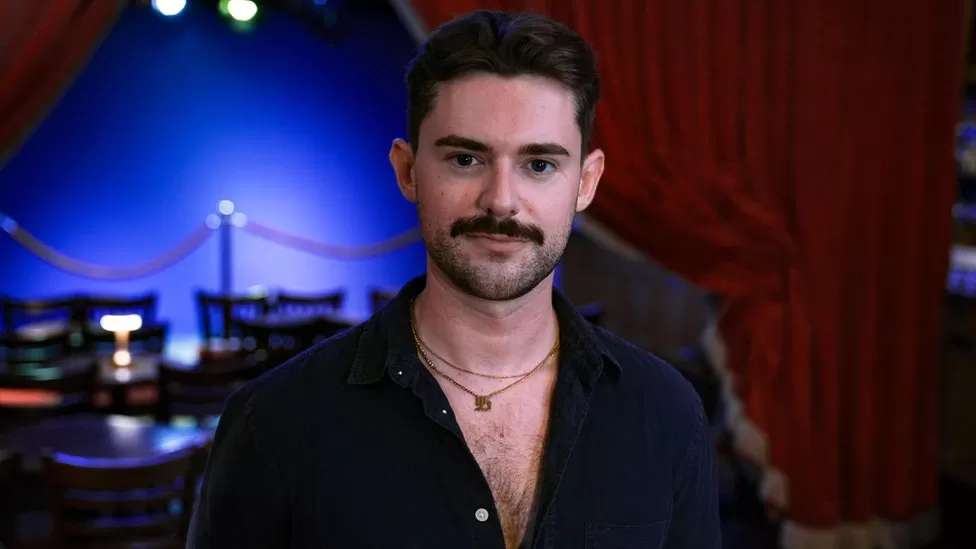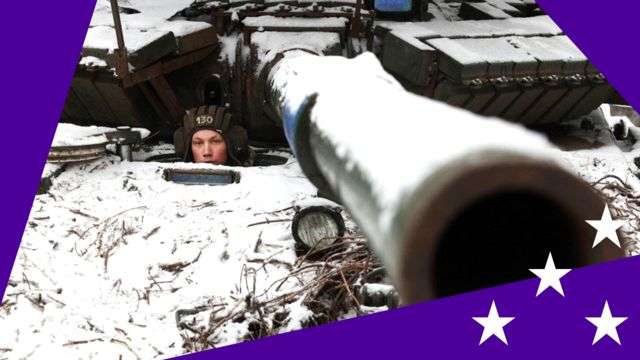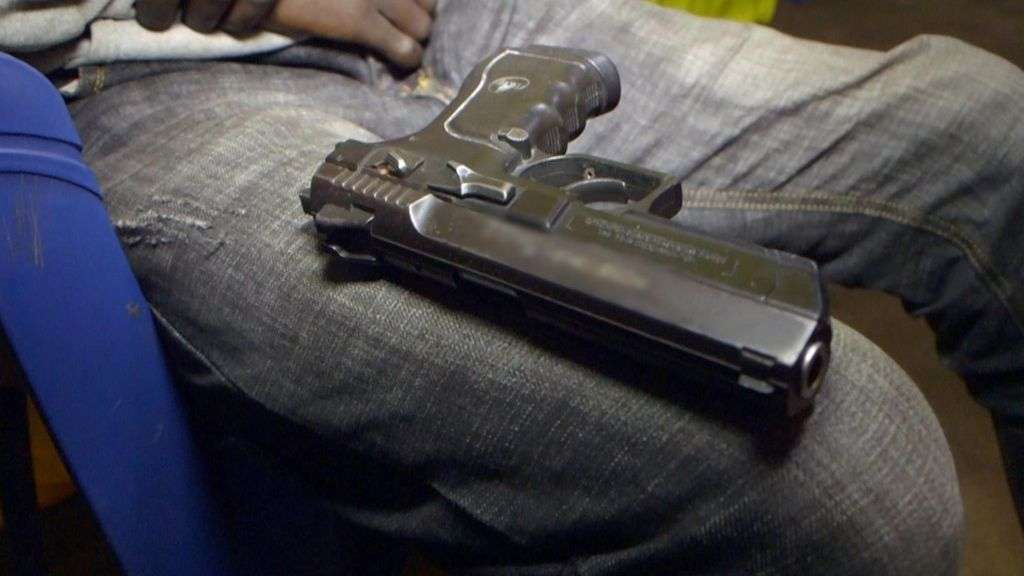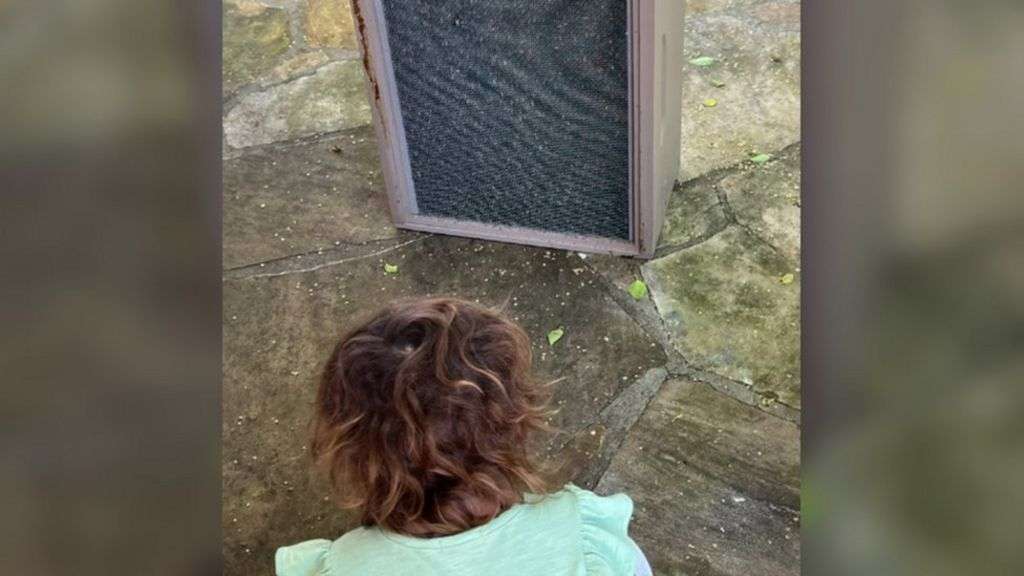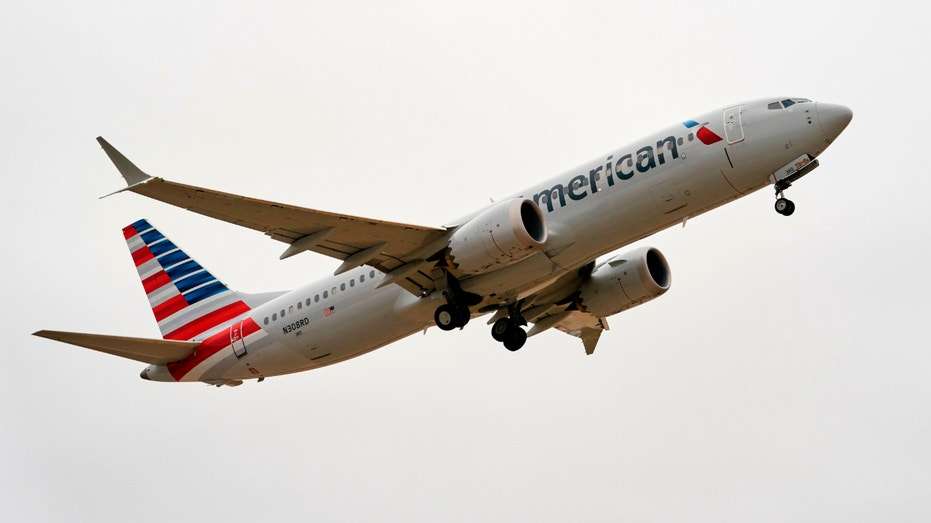The overall number of offences rose from 41,294 in 2013 to 145,214 in the 2022-23 period.
The Home Office says increases in previous years were thought to have been "driven by improvements in crime recording by the police and better identification of what constitutes a hate crime".
A spokesperson added: "We are pleased there has been an overall reduction in hate crimes recorded by police, and the numbers of sexual orientation, race and disability hate crimes all fell. But any instance is one too many."
'They were nudging me closer to the edge of the platform'
Dan Harry, a contestant on the UK's first gay dating show I Kissed a Boy, was the victim of a hate crime shortly before the series started filming.
A group of men threatened the 27-year-old, from Coatbridge, North Lanarkshire, on a London Underground platform as a train approached, in a homophobic attack.
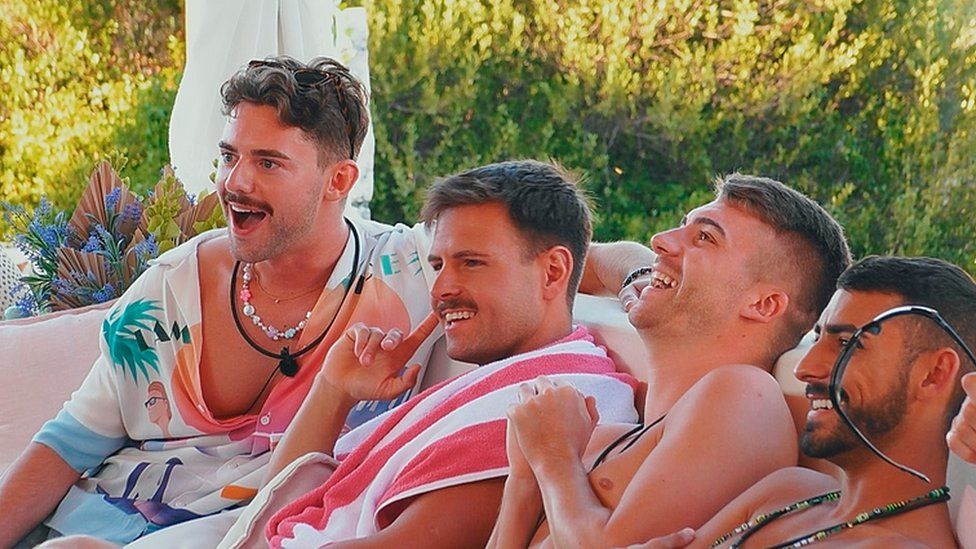
Mr Harry said the group of three men, in their early 20s, started laughing at him after seeing him hug his friends goodbye at King's Cross station.
He said he ignored them, but they approached him on the platform and started asking if he was gay.
"As I was just continuing to ignore them, I could see that they were getting more hostile trying to get my attention," he said.
"They eventually just started saying slurs at me, lots of horrible homophobic slurs, until eventually I noticed that they were nudging me closer and closer to the edge of the platform.
"Then they were saying things like 'the train's coming in, the train's coming'.
"It was very much a threat of, 'you are going to end up on the tracks'... and that was really scary. I didn't know what to do. I felt like they were just doing anything to sort of scare me and intimidate me."
Mr Harry said as the train arrived, he ran to the end of the platform to get on as far away from them as possible - but each time it reached a station, they got off and looked for him before they eventually left.
He added: "I was lucky that my experience was not as bad as it absolutely could have been. I think even more vulnerable people within the community are feeling super-scared right now, particularly people of colour and the trans community, because there's so much hate speech online."
Siwan Hayward, director of security, policing and enforcement at Transport for London said she was "deeply sorry" about Dan's experience and urged anyone who experiences hate crime incidents on the network to report them to police.
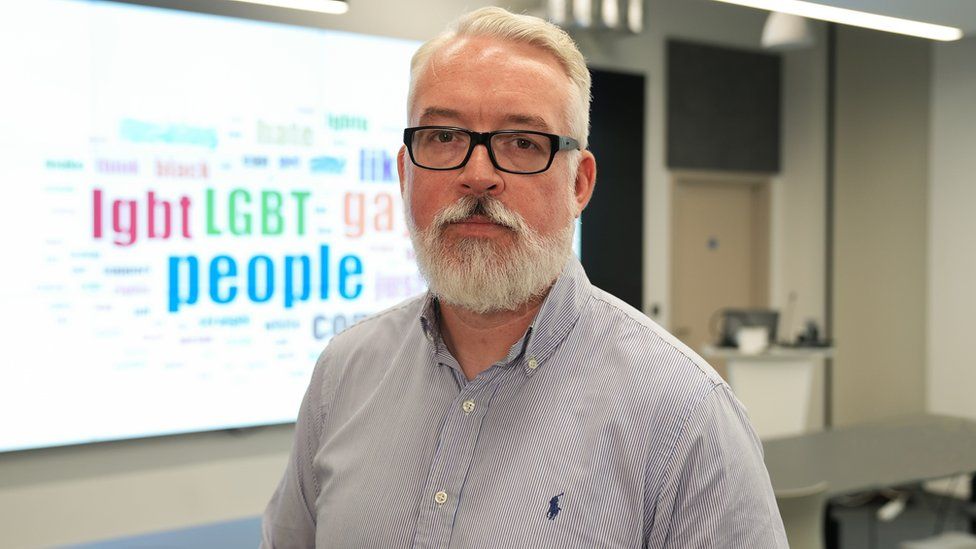
Prof Williams's HateLab project uses artificial intelligence to monitor hate speech online to find out if it translates to real-world hate crimes.
He said there has been a significant rise in anti-trans rhetoric across social media over the past few years.
"It's the one category that we routinely monitor that proportionately has the greater amount of hate speech. More than, for example, when we look at anti-Muslim hate speech, anti-black hate speech and antisemitic hate speech."
He added it had been fuelled by "aggressive press coverage", which feeds into the cycle of hate speech on social media.
Prof Williams said the increase was not helped by the reduction in moderators by social media platforms, meaning more offensive content is getting through and staying online longer.
He said researchers had mapped areas of the UK, particularly London, to identify where online hate speech related to race and religion rose significantly and if there was a corresponding rise in hate crime in those areas.
"Now the picture is emerging that what is said online definitely does have a consequence on the streets," he added.
The HateLab is now investigating whether there are similar patterns when abuse is aimed at the LGBTQ+ community.
A Home Office spokesperson said: "There is no place for hate in our society, it does not reflect the values of modern Britain, and we remain committed to ensuring these abhorrent offences are stamped out."


